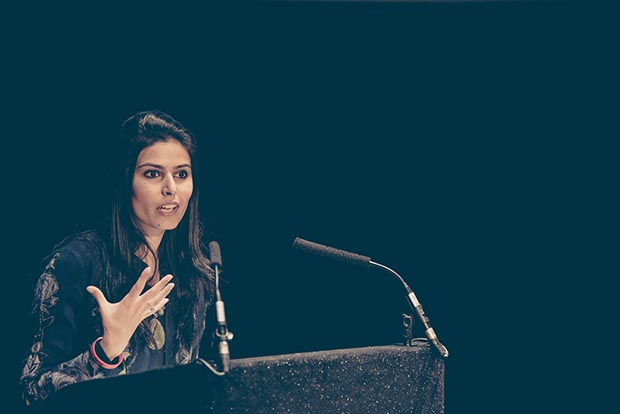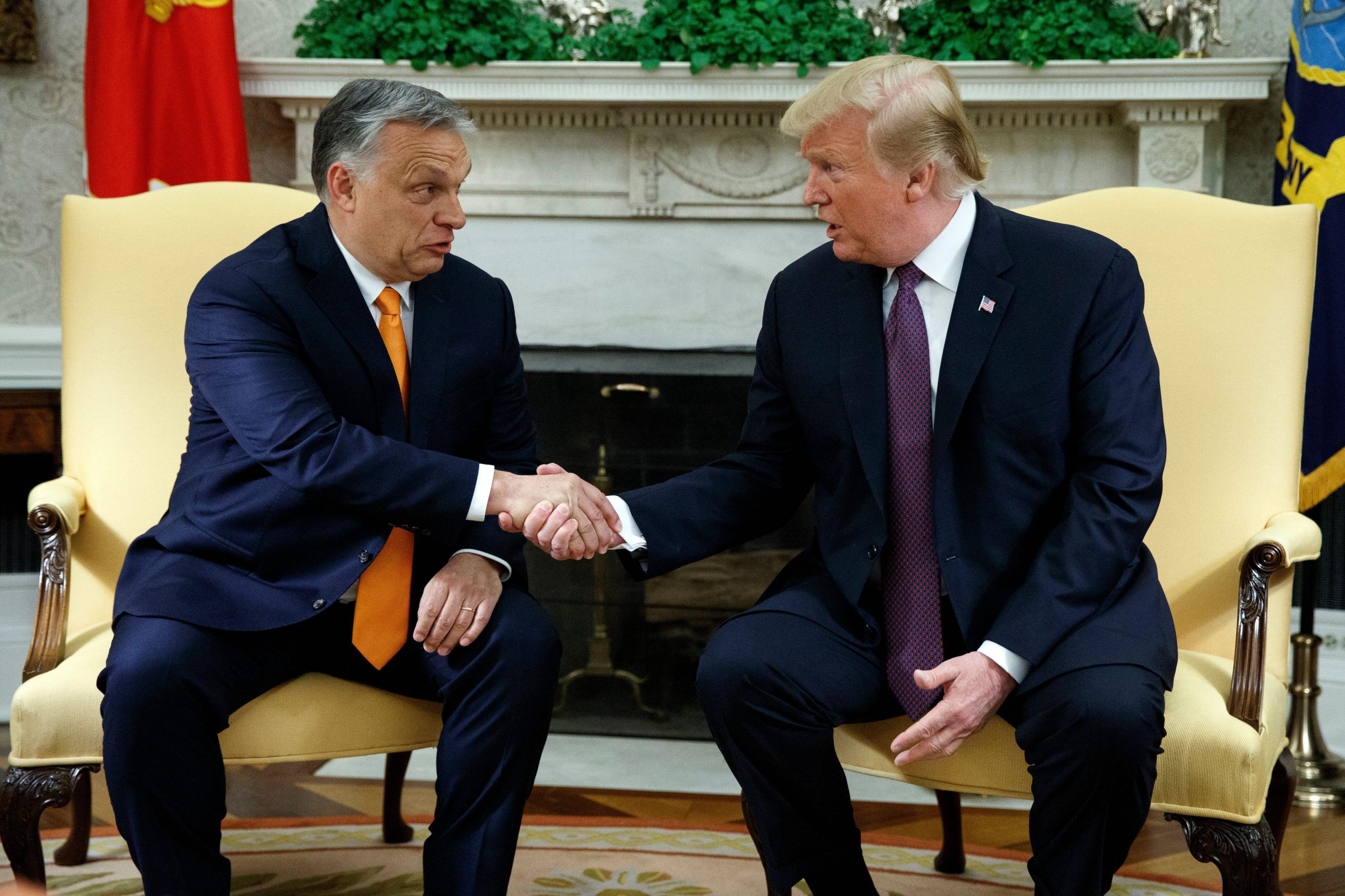
Farieha Aziz, director of 2016 Freedom of Expression Campaigning Award winner Bolo Bhi (Photo: Elina Kansikas for Index on Censorship)
Pakistan’s National Assembly passed a controversial Prevention of Electronics Crimes Bill on Thursday 11 August. The bill will permit the Pakistan Telecommunication Authority to manage, remove or block content on the internet.
Many critics say the bill is too overarching and punishments too severe. It also leaves children as young as 10 liable for punishment.
Farieha Aziz, director of Index-award winning Bolo Bhi, the Pakistani non-profit fighting for internet freedom, has been campaigning against the bill for over a year. Last month, Aziz told Index: “It’s part of a regressive trend we are seeing the world over: there is shrinking space for openness, a lot of privacy intrusion and limits to free speech.”
Last week, Aziz was selected by the Young Parliamentarians Forum – a bi-partisan forum with representation from all political parties – as one of the 10 Youth Champions of Pakistan. Yesterday – the day before the bill passed – each recipient was given three minutes to speak to the speaker of the National Assembly, Sardar Ayaz Sadiq, and other parliamentarians.
Yesterday, Aziz used her three minutes to criticise the bill based on the below letter to members of YPF. She emailed a similar letter to Ayaz Sadiq, who left before she gave her speech.
Dear Members of YPF,
Thank you for nominating and selecting me as one of the 10 youth champions of Pakistan.
I stand before you today apparently in recognition of efforts made to secure the rights of Internet users. I regret though that this is no moment for personal recognition or glory, not when the future of the youth of Pakistan stands threatened. What is that threat? The Prevention of Electronic Crimes Bill, which is on today’s orders of the day of the National Assembly, set to receive the approval of parliament and become law.
For over a year, not just I, but many citizens and professionals fought long and hard to fix this bill. We engaged with the government and opposition. Provided input to make the law better. We never said there shouldn’t be a law but that the law needed to respect fundamental rights and due process. While we found many allies among you – parliamentarians without whose efforts it would have been an even more difficult struggle – there were many part of the same system who labelled us as agents and propagandists.
On one occasion, the doors of parliament house were shut upon us. Stack loads of written input was disregarded and we were told we were just noise-makers who’d given nothing at all.
How I wish the certificate awarded today was actually a significantly amended version of the bill. A bill that did not trample on the rights of citizens. A bill that factored in the input we’d provided. I have come here today not for the certificate, but to ask you, if you will commit to the youth of this country beyond certificates?
The youth of this country is losing hope. I come to ask you if you will do all that is in your power to do, to restore it. If you want to give the youth of this country hope, then do not dismiss them. Do not stick labels. Do not isolate them. They don’t need certificates to give them hope. They need to see that things will be done differently – that their input will be considered and that you will constructively engage with them. That you will enter questions, and motions and resolutions on vital issues that concern citizens. That you will wage a struggle within your parties to make them see differently on issues. And that you will use your vote when it counts, and block legislation that seeks to take away our constitutionally guaranteed freedoms and rights.
If the bill is passed today, in its current form, the message that will go out to the youth of Pakistan is that there is no room or tolerance for thinking minds and dissenting voices. Should the youth inquire and raise questions, a harsh fine and long jail term awaits them. Is this the future you want to give the youth of Pakistan? If not, then when you go to the National Assembly today at 3pm, stop the bill from becoming law. Allow time to fix it.
Show the youth of this country that not only will you recognize efforts outside parliament; but that you will also honour these efforts by casting your vote to protect their rights inside parliament too. If you do this, that would be true recognition.
Thank you.
Farieha Aziz
Concerned citizen, digital rights activist and journalist




